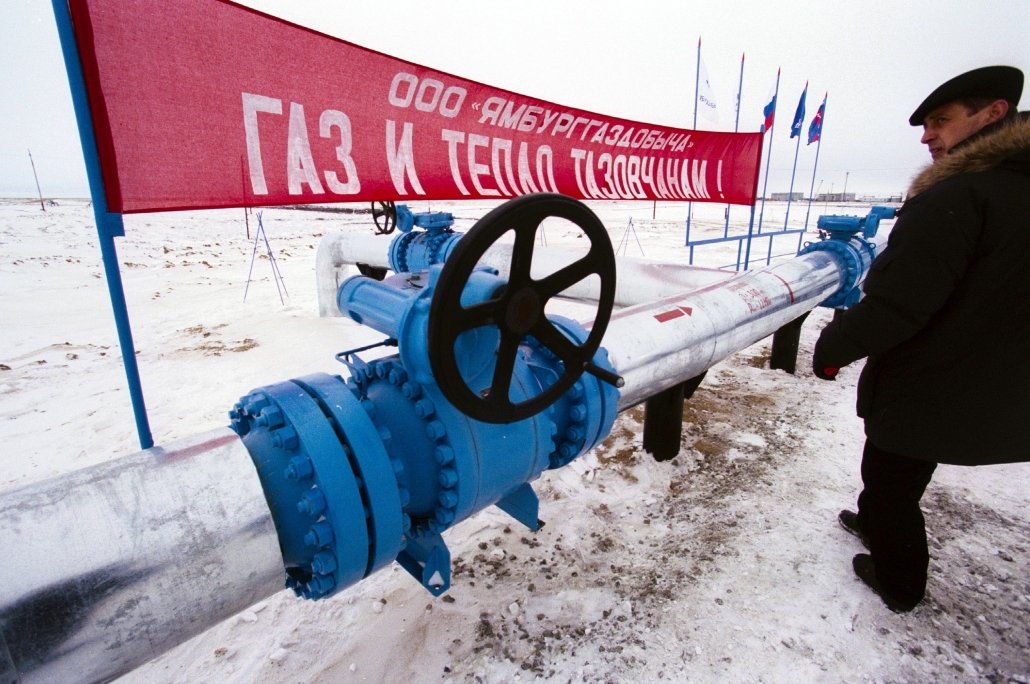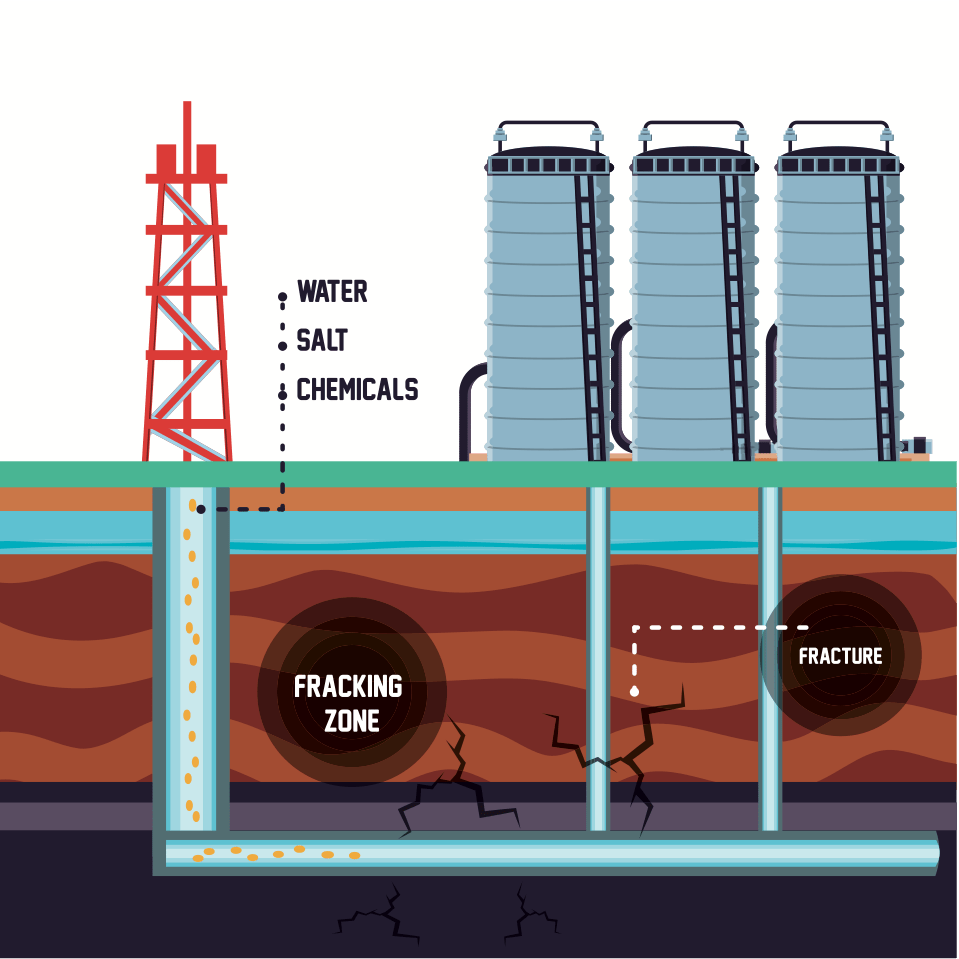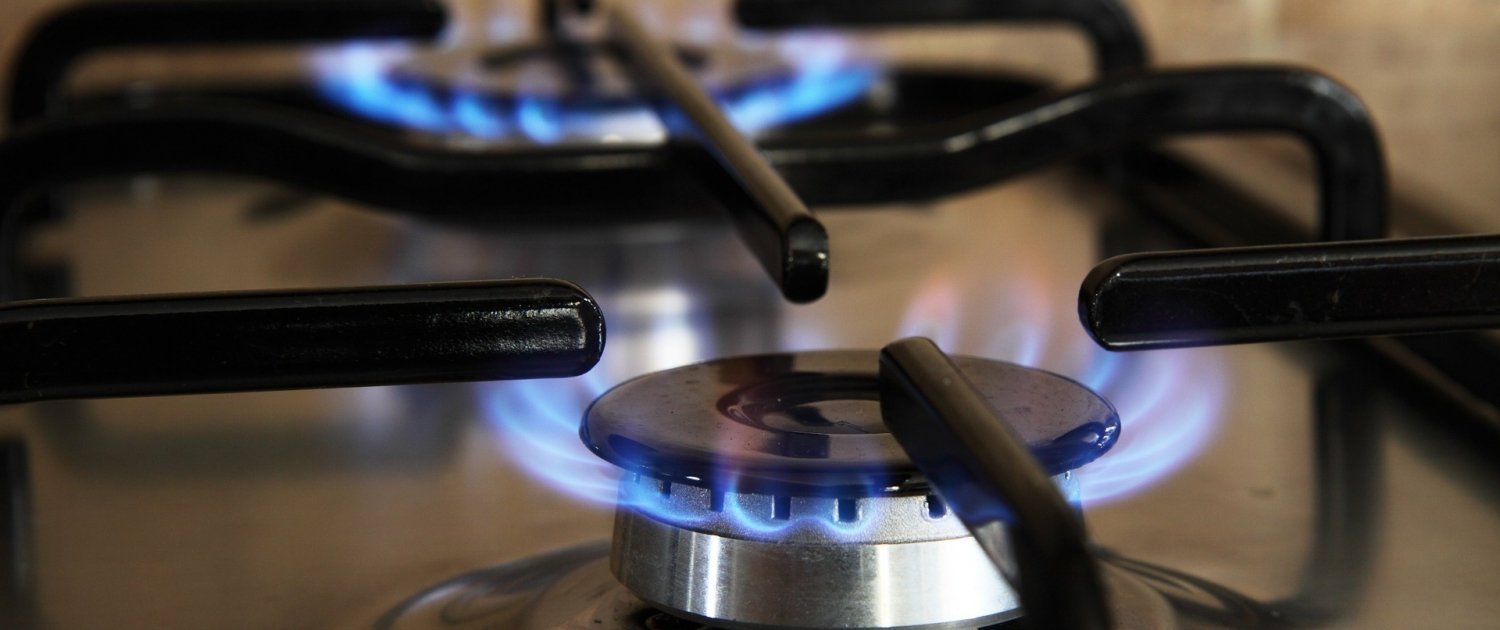What are the advantages and disadvantages of natural gas extraction?
Natural gas is a fossil fuel. Natural gas is formed when layers of decomposing plant and animal matter are exposed to intense heat and pressure under the surface of the Earth over millions of years. The energy the plants originally obtained from the sun is stored in the gas. Trapped deep below the ground, it is extracted and transported to power electricity, generate electricity, and provide home heat.
Natural gas provides 24 per cent of the world’s energy supply. Gas overtook coal as the primary energy source in the mid-twentieth century.
Most of the world’s natural gas production occurs in the USA, Iran, Qatar, Russia and Turkmenistan. The largest gas field in Western Europe is at Groningen in the Netherlands. The map below shows gas reserves by country.
Gas is typically transported across countries using pipelines. The transfer can also include gas being shipped overseas in giant tankers. At some point in the transmission, the gas will be refined to remove any unwanted chemical impurities.

YAMBURG, RUSSIA – A pipeline crosses a Gazprom-owned and operated natural gas field in Siberia.
More recently, shale gas has been extracted using controversial fracking techniques. Fracking involves injecting bedrock with water and chemicals to extract gas.

The fracking process
What are the advantages of natural gas extraction?
- Natural gas is one of the cleanest fossil fuels, releasing 45% fewer carbon emissions than coal and oil.
- It does not produce waste products, such as coal ash.
- If there is a gas leak, it disappears quickly into the air, whereas oil leaks have a devastating impact on the environment and are expensive to clean.
- Gas can be easily transported through pipelines directly to industry and residential properties.
- There are considerable reserves of gas around the world.
- Gas can be used for both heating and cooking.
What are the disadvantages of natural gas extraction?
- Gas is highly flammable, which means leaks can result in explosions.
- Natural gas is toxic.
- Gas infrastructure is expensive; pipelines cost a significant amount of money to construct.
- Unless an odorant is added to the gas, leaks can go undetected.
- The controversial process of fracking has caused earthquakes.
- Burning natural gas results in the release of greenhouse gases, particularly carbon dioxide.
What are the advantages and disadvantages of extracting natural gas in the Amazon?
The Camasea project was launched in 2004 to exploit a vast Amazonian region in Peru.
Advantages of the Camasea project
- The project could save Peru up to $4 billion in energy costs.
- Gas exports could generate up to $34 billion over the 30-year lifespan of the project.
- The project provides employment opportunities and supports local economies.
- Local people could benefit from the improved infrastructure, and agriculture could become more productive.
Disadvantages of the Camasea project
- Natural habitats will be affected by deforestation associated with the pipeline and other developments.
- The project could impact several indigenous tribes.
- Local people have no immunity to diseases that non-native people can introduce.
- Landslides and river pollution have occurred when pipeline routes have been cleared.
Related Topics
Use the images below to explore related GeoTopics.



